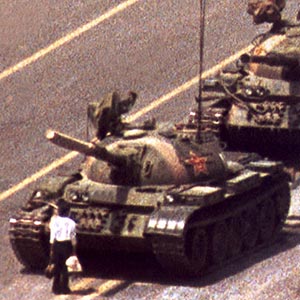What is the meaning of Political repression? Concept, Definition of Political repression
Political repression is the persecution of an individual or group for political reasons, particularly for the purpose of restricting or preventing their ability to take part in the political life of a society.
Political repression is sometimes used synonymously with the term political discrimination (also known as politicism). It often is manifested through discriminatory policies, such as human rights violations, surveillance abuse, police brutality, imprisonment, involuntary settlement, stripping of citizen's rights, lustration and violent action or terror such as the murder, summary executions, torture, forced disappearance and other extrajudicial punishment of political activists, dissidents, or general population.
Where political repression is sanctioned and organised by the state, it may constitute state terrorism, genocide, politicide or crimes against humanity. Systemic and violent political repression is a typical feature of dictatorships, totalitarian states and similar regimes. Acts of political repression may be carried out by secret police forces, army, paramilitary groups or death squads. Repressive activities have also been found within democratic contexts as well. This can even include setting up situations where the death of the target of repression is the end result.
If political repression is not carried out with the approval of the state, a section of government may still be responsible. An example is the FBI COINTELPRO operations in the United States between 1956 and 1971.
In some states, "repression" can be an official term used in legislation or the names of government institutions. For example, the Soviet Union had a legal policy of repression of political opposition defined in the penal code, and Cuba under Fulgencio Batista had a secret police agency officially named the "Bureau for the Repression of Communist Activities.
